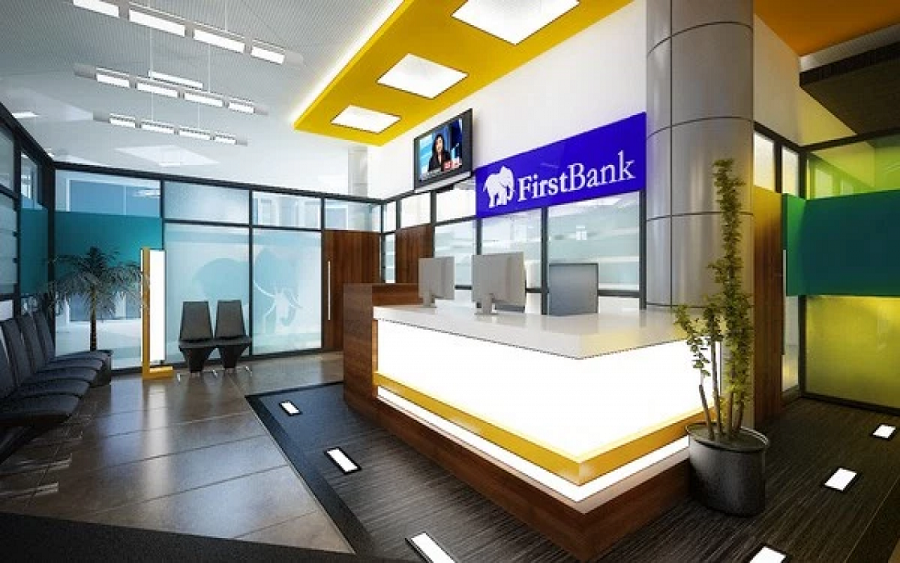In recent weeks, First Bank of Nigeria has come under fire from numerous customers over frequent and unexplained debits from their accounts. Social media platforms have been flooded with complaints from frustrated account holders who claim their funds have been repeatedly withdrawn without authorization, sparking concerns over the bank’s internal operations and security measures.
The issue gained widespread attention when one customer tweeted, “Please, First Bank of Nigeria, what is going on? I keep getting debits regularly. I can’t keep money in my account and have peace of mind.” This sentiment resonated with many others, leading to a wave of similar complaints from customers who reported seeing their balances diminish due to unauthorized transactions. Some pointed to small, recurring debits, while others reported larger sums being taken from their accounts unexpectedly.
The outcry has not been limited to social media. Many customers have reached out to First Bank through customer service channels, seeking answers and demanding explanations for the mysterious deductions. However, several customers have expressed frustration with the bank’s slow response time and lack of immediate solutions. Many reported long wait times when trying to reach customer service representatives, with some still awaiting feedback on their complaints.
In response to the mounting public pressure, First Bank issued a statement acknowledging the situation and assuring customers that the matter was being investigated. “We are aware of the complaints from some of our esteemed customers regarding unexpected debits from their accounts. Our team is currently investigating these reports, and we are working tirelessly to resolve any discrepancies as soon as possible. We advise any affected customers to contact us directly through our customer service channels for prompt assistance,” the bank stated.

Despite the assurances, many customers remain dissatisfied. Some speculate that the debits may be the result of a technical glitch, while others fear a potential security breach or even internal fraud. The recurring nature of the debits has raised serious concerns about the bank’s ability to safeguard customer funds, with some customers questioning whether their money is safe in First Bank accounts.
As the complaints continue to pile up, calls for intervention from regulatory bodies such as the Central Bank of Nigeria (CBN) have grown louder. Some customers are pushing for an official investigation into the bank’s handling of these cases, urging the CBN to enforce stricter oversight of financial institutions to prevent further incidents. The rising tension has also led to growing concern about the overall transparency and accountability of Nigerian banks.
The situation is becoming a major test for First Bank, as some customers have begun threatening to close their accounts if the issue is not resolved quickly. The hashtag #FirstBankDebits has gained traction on social media, amplifying the pressure on the institution to take swift and decisive action.
Financial analysts warn that if First Bank fails to address the concerns in a timely manner, the crisis could lead to a significant loss of customer trust, not only in First Bank but also in the wider Nigerian banking system. “Customer trust is the foundation of banking,” said one industry expert. “When customers feel that their money isn’t secure, they are likely to switch to other financial institutions, and the long-term impact on the bank’s reputation can be severe.”
With Election Day approaching and the economic uncertainty surrounding the country, the timing of this banking crisis is particularly concerning for customers, who are demanding urgent action from First Bank to restore confidence and ensure the security of their funds.
As the situation unfolds, all eyes are on First Bank’s next move. The bank’s response in the coming days will be crucial in determining whether it can regain the trust of its customers or risk losing a significant portion of its client base to competing banks.
